You may not have heard of Bühler, but the Swiss-born, global process engineering business, touches your life in more ways than you might realize.
One billion people travel in vehicles manufactured with parts produced with Bühler machinery, and multiple eyeglasses, smartphones, newspapers and magazine brands depend on Bühler process technologies. And when it comes to food, the numbers are even more staggering: over a quarter of the world population eat food each day that’s been through Bühler equipment in some shape or form. And in some food segments, the market share is even higher with 65% of the world’s grain processed through Bühler products.
“It’s absolutely crazy because most people haven’t heard of us, and that’s partly because we’re privately-owned,” says Stuart Bashford, digital officer at Bühler.
Increasingly commonplace among large European corporates, Bühler has targets around sustainability and the United Nation’s Sustainable Development Goals (SDGs), with targets to decrease waste by 30% and energy use by the same amount. So the topic of food safety fits nicely into those goals, according to Bashford.
“We’re one of the only companies to supply equipment across vast amounts of the supply chain; from post-harvest up to packaging. But the supply chain and food industry overall is very fragmented and inefficient with 30% food lost, and we kind of take responsibility for our part of the chain, particularly the grain side where most of our business is.”
So Bashford has been tasked with bringing digital tools to bear throughout Bühler’s businesses with an eye on solving many of these global issues, and recently launched safefood.ai, an early warning system for food safety professionals.
safefood.ai is a software-as-a-service platform that scans regulatory websites, news flow, social media and more information sources to discover food safety events. This is not only important for food companies —Bühler’s clients — to be able to issue timely food recalls and other responses, but it can be an important brand protection strategy.
“There was this case where a guy found some foreign material in his breakfast cereal — one of our big customers — and he obviously contacted the brand in questions but didn’t like the response he got so went onto YouTube and produced a 5-minute video about and there were over 100,000 views of his complaint. This is bad news for the manufacturer and it doesn’t matter if it’s true or not, because the brand was already damaged,” he said.
Bashford adds that food safety issues are likely to first surface on social media, which makes it an important information source to present to customers of the software platform through their dashboard, although of course they “need to apply some common sense to whether the claims are right or wrong.”
As it works to build out the efficacy and accuracy of the service, Bühler has partnered with Future Food Asia and Chinese ecommerce giant Alibaba on an AI challenge for entrepreneurs to use training data from safefood.ai to “create algorithms that can generate automated summaries of discovered food safety incidents at both high relevancy and great precision.” The contestants will later be able to test their algorithms on new data to optimize their models and improve their accuracy at spotting food safety events.
Contestants’ models will have to analyze large sets of data provided by Bühler which have been aggregated from dozens of sources. As the competition will be progressing, participants will be able to test their algorithms on new data and optimize their models to reach better accuracy at spotting relevant food safety events.
“We want them to come up with a new way of looking at this stuff,” said Bashford. “At the moment the system is good at what it does, but to fully contextualize that information there’s an obvious application for machine learning or natural language processing to identify information from the internet and be able to put it into an automated summary. If you just search the word corn, you’ll get lots of hits but not much relevant. We want to use AI to do what a human can when reading a twitter feed, ie. identifying and contextualizing it.”
While the technical outcome of the challenge — which has a prize of $10,000 for first place, $2,500 for second place, and internship opportunities at Bühler for third place winners — Bashford is also keen to identify talent in Singapore.
“Most people think that Asia will be a real force in artificial intelligence in the future, so it’s good to have a foothold into that network,” he said.
Apply for the challenge here.
Image: Buhler copyright


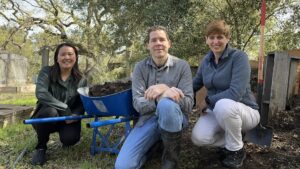
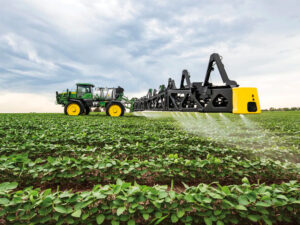
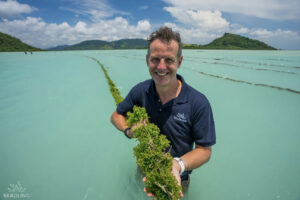

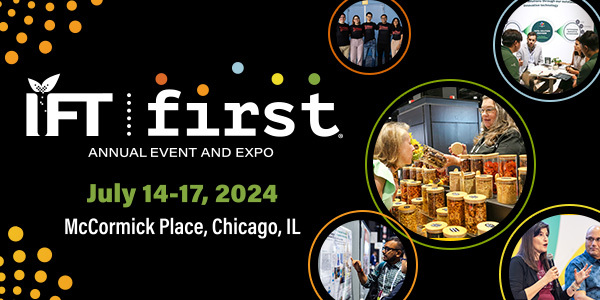
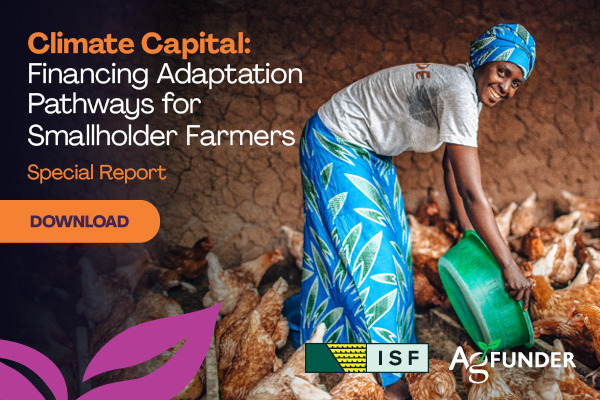
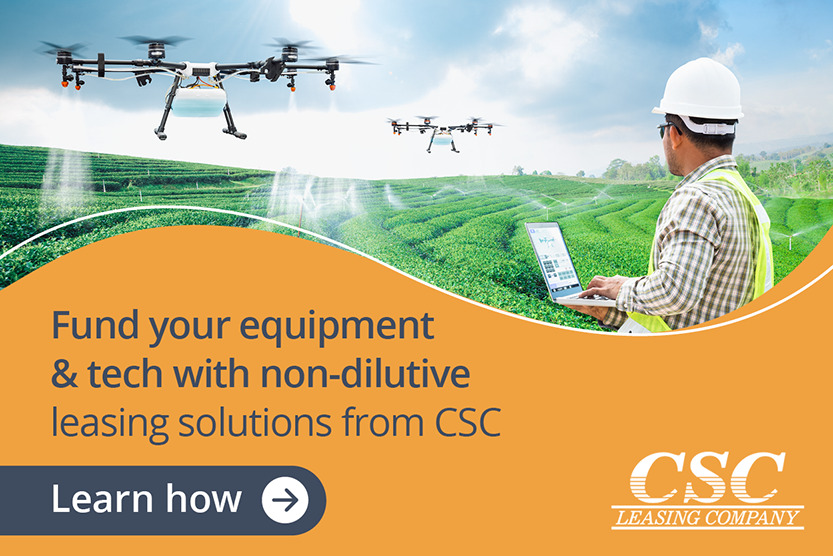


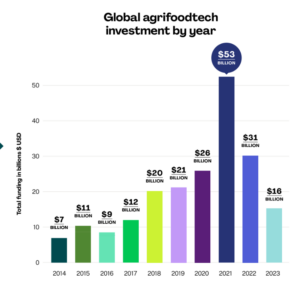
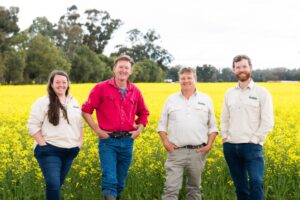


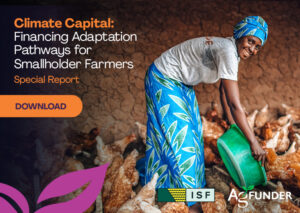

Sponsored
International Fresh Produce Association launches year 3 of its produce accelerator